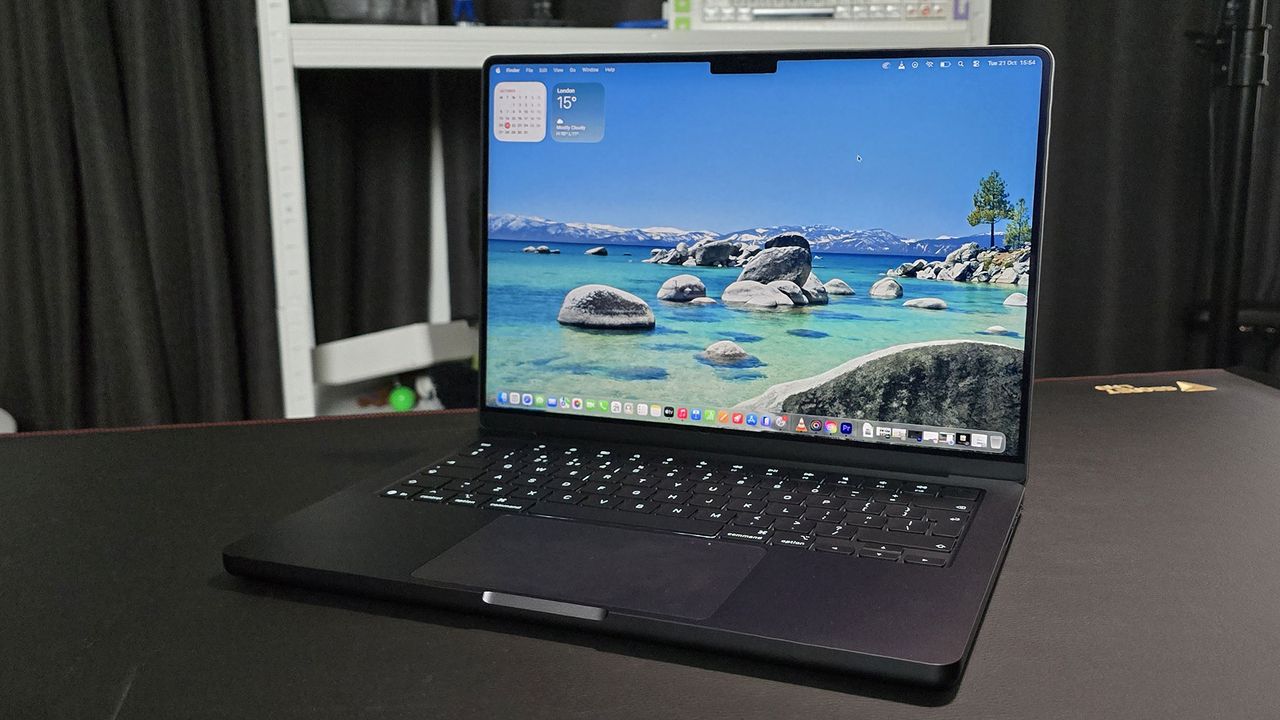
I have been a hardcore coffee drinker for years. But for me, it wasn’t about caffeine. I realized that the caffeine didn’t have much of an effect on me sometime in university, so I switched to decaf. I liked the taste and the smell. Even the social aspect of drinking it. But for many, caffeine is the reason that they consume the beverage. And many other beverages. But I wonder if people really know what caffeine can do to your body? Is it an addiction? Albeit mild, caffeine withdrawal can have major impacts on your day, which only makes you want more.
I recently stopped drinking coffee altogether. It has been a challenging time for me. Again, not because of the caffeine, but because I miss the taste. When I walk into the office in the morning I can smell a pot brewing. And all I want to do is grab a cup. But, instead I’ve switched to tea. And not black tea as I’ve never really liked that, but flavoured green and herbal teas. Tea has a lot of health benefits, but what I want to explore today are the health benefits of caffeine. Or are their any benefits?
So the big benefit, or perceived benefit to caffeine, is that it gives you a boost. You wake up in the morning feeling groggy, so you head to Starbucks and grab a cup of coffee. It gives you energy as you make your way to work. A few hours later you start to feel sluggish again, so you grab another cup. And so on and so on. But the problem is that the boost is only temporary. So if you need a short-term boost, than coffee is the way to go. But if you’re perpetually sluggish, you might want to think about changing your routine and get some more sleep. It is anticipated that if you only drink one cup of coffee a day, you still have about 25% of the caffeine left in your system when you go to bed.
So why do we continue to consume it? This video gives us an idea of what kind of role caffeine plays on our body.
To put this into perspective. A Grande Americano from Starbucks has 225 mg of caffeine per 16 ounces. A green tea has 50 mg of caffeine for the same size cup, as does a Grande Decaf from Starbucks. Some people drink several cups a day. Maybe not specifically from Starbucks, but I would anticipate that your average office coffee has around the same amount. A mild dose of caffeine has been show to improve your mood, but too much can make you anxious and irritable. And yet people rely on it to get through the day. If you try to go without it, you will find yourself having withdrawal symptoms.

It seems that we only hear about the health benefits of caffeine. But the truth is that they are only perceived benefits. They are perceived because we only look at what they do in the short-term. Memory boost. Energy boost. Appetite suppression. Maybe that’s not a benefit, but you get the picture. We compare the benefits to the withdrawal symptoms. So of course they’re going to look beneficial. If you’re tired, an immediate boost is going to look beneficial. But caffeine has also been known to increase your heart rate. And yet knowing all this we keep consuming it.
As I’ve said, I absolutely love the taste of coffee. I could drink several cups a day, but even the decaf version isn’t overly great for you. Better. But I would suspect that it’s very hard for someone to go from that much caffeine to decaf. Especially when you consider the withdrawal symptoms. I never really knew what caffeine was doing to my body. And further to that, I never really knew how much caffeine was in other drinks outside of coffee. So the next time you grab your morning coffee think about the effects it has on your body throughout the day. I think you’ll be surprised at how accurate that video is.



![Apple Watch Ultra: The best Apple Watch I do not need [Video]](https://9to5mac.com/wp-content/uploads/sites/6/2026/01/AWU-FI.jpg?quality=82&strip=all&w=1600)